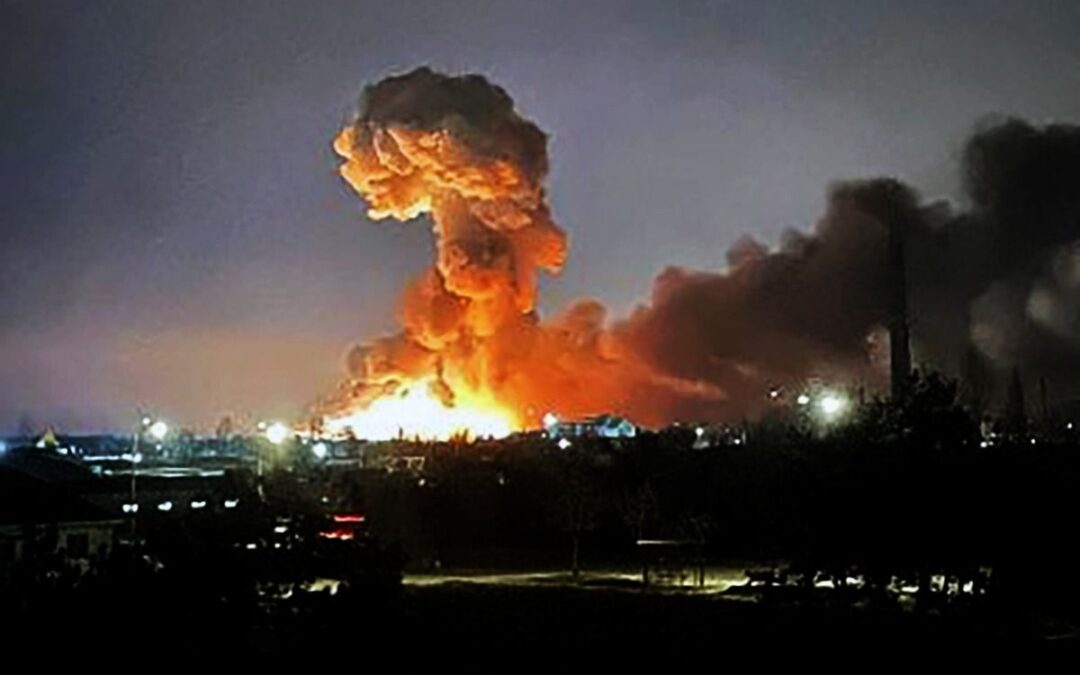The breadth of the economic and market impact will depend on what types of sanctions are applied by the West. It’s likely such measures would further target a combination of Russian banks, investment, and trade (such as through barring Russia from the cross-border SWIFT network), and potentially, energy. In response, Putin could also retaliate through the energy sector, as well as through cyberattacks on the United States and Europe. The situation is fluid to say the least.
I approach these things thinking like a chess player. What is my opponent’s to best move? What is my best move, or least worst move, in response? And so on… the whole board not only includes Ukraine, but also Estonia, Latvia, and Lithuania, as well as China and Taiwan. If the West is unwilling to do anything meaningful except give passionate speeches, that is definitely a cue for China to be more aggressive.
Western proposals for sanctions (really? Sanctions against the Russians? Whom do you think has more fortitude?) could impact energy and financial markets. But of course, Russia has a couple of moves to make, as well.
When it comes to sanctions, the most dramatic consequences would likely be felt in serious disruption to energy markets and catalyzing effects to growth and inflation. Russia produces approximately 12% of the world’s oil and 17% of its natural gas. A scenario in which this full invasion is accompanied by intense sanctions could see oil go to $120/barrel ($105 this morning) and European natural gas spike to $200/MWh.
Climbing energy prices could push inflation higher, but at the same time, could lead to more sluggish growth and dampened consumer spending. This complicates monetary policy at a time when monetary policy is hardly clear and predictable. More unpredictability is the only confident prediction I can make.
Yet, it is important to remember the economy is broadly still in a state of strength—household balance sheets are healthy and corporate profits are robust. Over time, politics, economics, and markets are likely to find a new equilibrium. For instance, energy markets may find calm as Russian exports are diverted to other importers and other producers step-up (such as from Iran, as suggested by current headlines), allowing central banks to refocus on fundamentals. But, that pathway is still long and uncertain.
Whatever the path may be, the world eventually heals. But, more importantly, there will be more extreme and frequent volatility, and there will be a convergence of uncertain energy resources, monetary policy, and geopolitics that will magnify this even further.
Risk management is an even more important component to a sustainable investment strategy.

